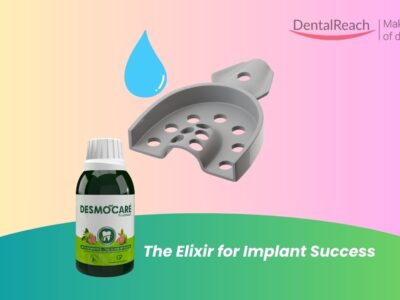A recent study published in the Australian Dental Journal has revealed a significantly higher prevalence of dental staining among competitive young swimmers compared to non-swimmers. The research, conducted in Western Australia, highlights the link between swimming routines and oral health-related quality of life (OHRQL) and urges dentists to consider swimming habits as a potential risk factor for pediatric dental staining.
Research Overview
The cross-sectional cohort study evaluated 400 children who swim competitively and 400 non-swimmers. Parents and children from swimming clubs completed surveys assessing their swimming schedules, potential risk factors for staining, and OHRQL. Intra-oral photographs of the maxillary anterior teeth were taken, and staining was measured using a modified Lobene Stain Index.
Key findings include:
- Prevalence of Staining: 83% of swimmers exhibited staining compared to 44% of non-swimmers.
- Correlation with Swimming Hours: Staining severity, measured by the Global Stain Score (GSS), increased with total lifetime swimming hours and weekly practice time.
- Impact on Quality of Life: Staining negatively influenced the children’s self-esteem and overall oral health satisfaction, as reflected in their OHRQL scores.
Interestingly, dietary factors showed no significant correlation with the staining, reinforcing the role of swimming exposure as the primary factor.
Chlorine: The Culprit Behind the Stains?
The study suggests that the high prevalence of staining among swimmers could be due to prolonged exposure to chlorinated pool water. Chlorine interacts with saliva and dental plaque, forming compounds that adhere to the tooth surface and cause extrinsic discoloration.
Clinical Implications for Dentists
Dentists should be aware of the heightened risk of dental staining in children who swim regularly. Early detection and management can prevent staining from affecting the child’s confidence and oral health perception. Recommendations include:
- Educating parents about the effects of chlorinated water on teeth.
- Advising proper oral hygiene routines, particularly before and after swimming.
- Encouraging regular dental cleanings to manage stains effectively.
A Call for Awareness
With swimming being a popular sport among children, this research underscores the importance of addressing sports-related oral health concerns. By raising awareness and providing targeted preventive care, dental professionals can help safeguard the smiles of young athletes.




















Comments